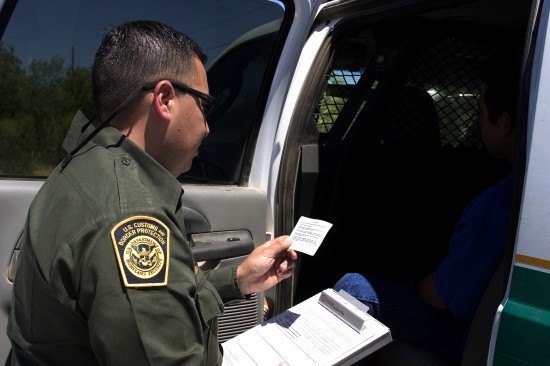#BorderCrossing
Canadians Using Cabs to Avoid Quarantine Restrictions
With Ontario embracing some of the strictest lockdown restrictions in the West and giving the police force carte blanche when it comes to enforcing public health, many Canadians have told us they’re not exactly enthralled with the idea of notifying their government that they’ve been out of the country. This is doubly true if they’ve just flown in by plane because the nation now requires a few days’ stay in a hotel as part of its mandatory 14-day quarantine for those traveling by air.
Due to the added time, cost, and general hassle of booking yourself into a hotel for 3 nights — awaiting the results of a mandatory COVID test before you’re technically allowed to go home to continue self-isolation — some travelers have opted to utilize ground transportation for the explicit purpose of avoiding restrictions. Rather than flying all the way into the Great White North, Canadians are flying into neighboring American airports and then hailing a taxi that will take them across the border.
Border Backups Follow Trump's Closure Threat
Far away from most American cities, and unbeknownst to most consumers, a transportation bottleneck is stemming the flow of goods from Mexico to the United States.
Major border backups plagued Mexico-U.S. crossings this week, the result of threats made last week by President Donald Trump. While the president eventually backed off after suggesting the U.S. may resort to closing the border in order to stem the flow of migrants into the country, companies didn’t waste time shoehorning as much product into trucks as possible, eager to get their goods across the border.
This, coupled with a mass transfer of U.S. Customs and Border Protection officers from commercial to immigration duties, sent wait times soaring. For automakers (and avocado sellers), this could be a problem.
So A Trump Win Means You're Moving To Canada? Here's What You Need To Know, Automotively
Threatening to move isn’t new.
16 years ago, legions of American citizens promised to leave the United States if Republican George W. Bush beat Democrat Al Gore. While there’s evidence that suggests emigration from the United States to Canada occurred at an accelerated rate during Bush’s two terms in the White House, it was more likely tied to the state of the economy overall than differences in personal politics.
But that didn’t stop Americans — not just celebrities, but Americans en masse — from shutting down Citizen And Immigration Canada’s website with excessive traffic on the night of 2016’s Trump electoral victory earlier this week.
Had the website operated normally, you would have discovered that moving to Canada isn’t easy. Yet your desire to relocate will not be sated by a move to sunny SoCal or the Florida Keys. You’re determined to live in Cape Breton, or Portage la Prairie, or Trois-Rivières. And in the automotive sphere, there are some things you really need to know.
RFID Enhanced Driver's Licenses: Big Brother Or Brighter Future?
Wired.com is reporting that the state of California has abruptly tabled legislation that might have allowed RFID (Radio Frequency Identification) chips to be embedded into the state’s drivers’ licenses. Privacy activists are hailing the suspension of this plan as a victory against government intrusion in people’s lives and believe that these chips, which are actually tiny radio transceivers that can be accessed over the open airwaves without the consent of the person carrying the document, will eventually be used to track people’s movements without their knowledge. Currently, three states, Michigan, Vermont and Washington, already have RFID chips in their licenses and are already sharing information collected by the DMV, including basic identity data and photos, with the Department of Homeland Security via a national database. Scary, right?
Welcome To America
The Department of Transportation’s Bureau of Transportation Statistics (BTS) today released A Decade of Decline in Person Crossings From Mexico and Canada into the United States, a review of the 10-year decline in border crossings by. “This report examines the trends in person crossings by mode rather than reasons for the decline,” says a DOT press release. In the quest for reasons, Ed and I road-tested the entry from Canada last night. We might have found an answer for the decline:




















Recent Comments